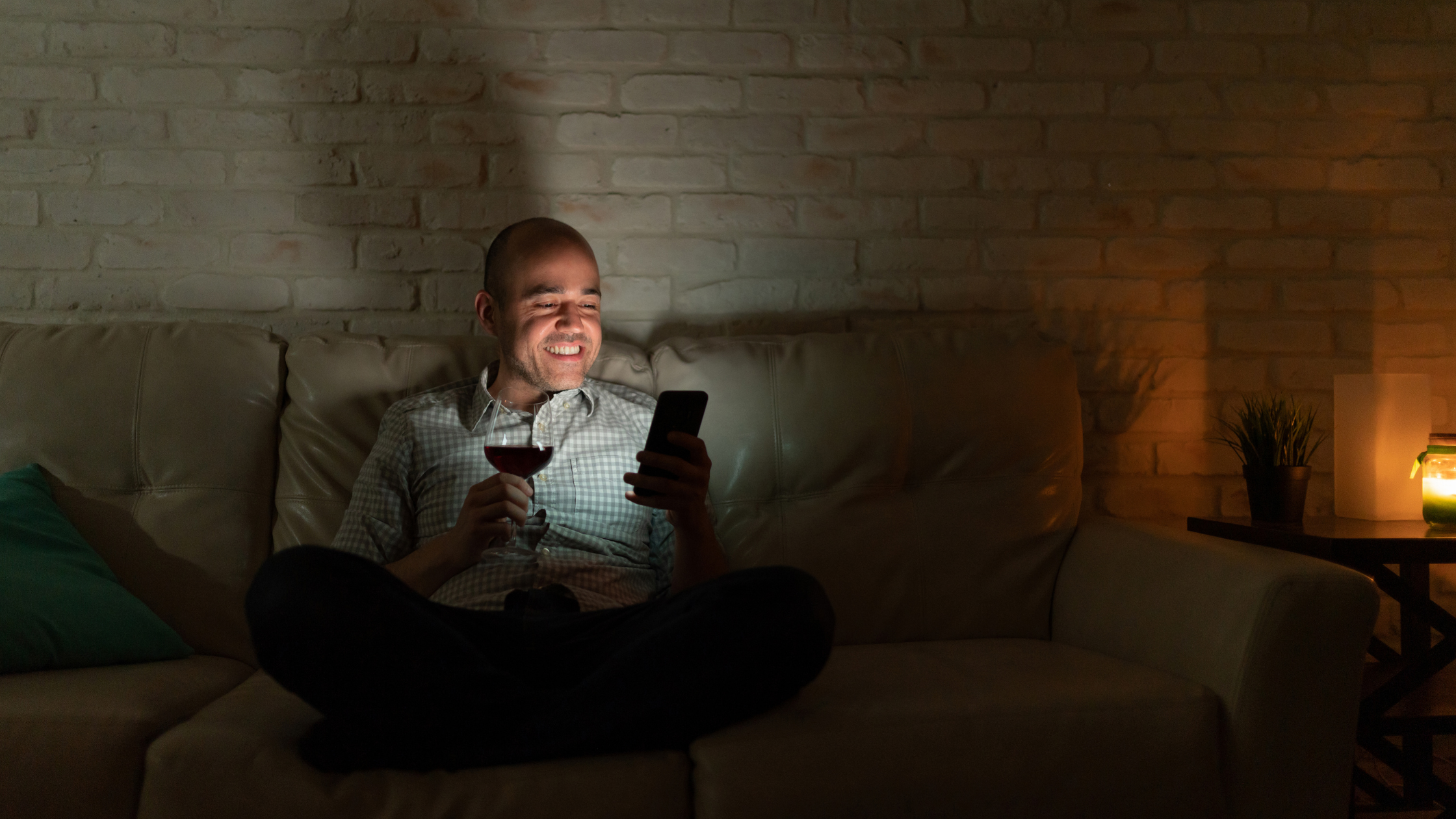
In today's hyper-connected world, social media has become an integral part of our daily lives. With just a few taps on our smartphones, we can instantly connect with friends, share our thoughts and experiences, and stay up-to-date with current events. However, the constant presence of social media can have unintended consequences, particularly when it comes to our sleep. In this blog post, we will explore the impact of social media on our sleep patterns and discuss strategies for finding a healthy balance between our digital lives and getting a good night's sleep.
The Link Between Social Media and Sleep
The blue light emitted by electronic devices, such as smartphones and tablets, has been found to disrupt our sleep-wake cycles. Exposure to this artificial light in the evening can suppress the production of melatonin, a hormone that regulates our sleep. Consequently, scrolling through social media feeds late at night can make it harder for us to fall asleep and negatively affect the overall quality of our sleep.
Moreover, social media platforms are designed to be addictive, constantly offering new content and notifications to keep us engaged. This addictive nature can lead to excessive use, causing us to sacrifice precious sleep time in favor of staying connected online. The fear of missing out (FOMO) also plays a role, as we often feel compelled to check our social media accounts before going to bed, which further disrupts our sleep patterns.
Negative Effects on Sleep:
The impact of social media on sleep goes beyond the disruption of our circadian rhythms. Research has shown that excessive social media use is associated with higher levels of anxiety, stress, and depression, all of which can contribute to sleep disorders such as insomnia. The constant exposure to carefully curated social media content can also lead to feelings of inadequacy and self-comparison, further exacerbating stress levels and affecting our ability to unwind and relax before bed.
Strategies for Finding Balance:
-
Set Digital Boundaries: Establish a designated "digital detox" time before bed, ideally at least an hour or two. Turn off notifications, and avoid checking social media or using electronic devices during this period. Instead, engage in activities that promote relaxation, such as reading a book, taking a warm bath, or practicing mindfulness exercises.
-
Create a Sleep-Friendly Environment: Make your bedroom a technology-free zone. Remove electronic devices from your bedside table, and invest in blackout curtains or a sleep mask to block out any ambient light. Consider using a traditional alarm clock instead of relying on your phone's alarm.
-
Establish a Bedtime Routine: Develop a consistent bedtime routine that helps signal to your body that it's time to wind down and prepare for sleep. This can include activities like reading, journaling, or practicing gentle stretching or yoga.
-
Practice Mindful Social Media Use: Be mindful of your social media habits and the impact they have on your well-being. Set limits on your screen time, and consider using apps or built-in features that track and limit your usage. Engage in positive and meaningful interactions online, and curate your feed to prioritize content that inspires and uplifts you.
-
Prioritize Self-Care: Take care of your overall well-being by incorporating healthy habits into your daily routine. Exercise regularly, eat a balanced diet, and make time for activities you enjoy. When we take care of our physical and mental health, we create a solid foundation for restful sleep.
Conclusion
While social media has undoubtedly transformed the way we connect and communicate, it's essential to recognize its potential impact on our sleep. By implementing strategies to establish a healthy balance between our digital lives and our need for quality sleep, we can ensure that social media remains a positive force in our lives while prioritizing our well-being. Remember, a well-rested mind and body are essential for navigating the digital age with clarity and resilience.
If you or someone you know is struggling with sleep deprivation, then please click the orange button below to take a free online sleep test and talk with one of our sleep health professionals.

